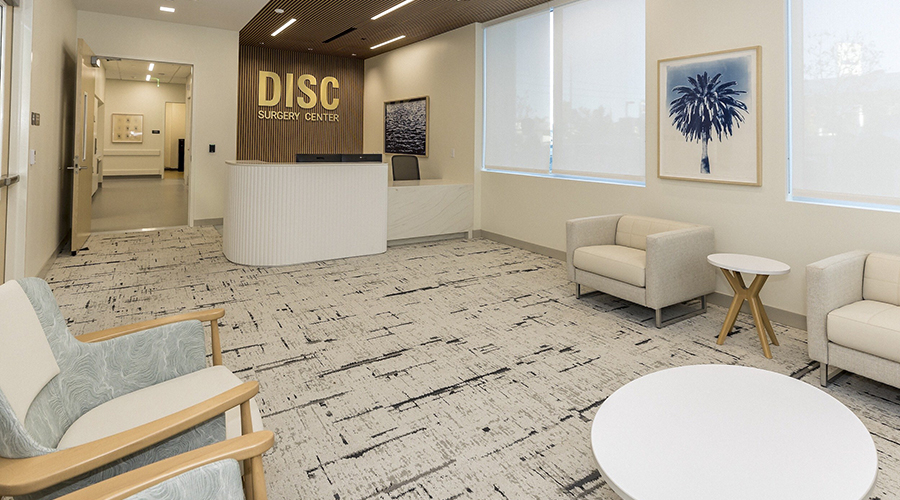Medpricer, the leading purchased services cost management solution for the healthcare industry, today shares three best practices healthcare organizations can implement to support healthcare sourcing. The healthcare supply chain is often misunderstood, underinvested and faces constant changes with the M&A movement from healthcare systems and suppliers alike. Rather than just affecting the organization’s bottom line, the supply chain has the unique opportunity to also improve the quality of services for patients and the work environment for clinicians.
While healthcare supply chains manage spend, there is a shift happening giving it the task of managing the entire value chain of an organization. To more effectively contribute to an organization’s success, Medpricer identifies three approaches to shift the supply chain from spend saver to strategic asset:
Redefine the Supply Chain’s Goals
Purchased services sourcing is nicely positioned to positively affect the overall well-being of a healthcare organization. By shifting the focus from strictly revenue savings to also include quality control and resource analysis, healthcare systems can fully optimize supply chain teams to support its mission of providing high-quality services.
C-level healthcare executives and supply chain teams are starting to work more closely together to classify purchased services into portfolios, as PPIs often are. This makes categorization among stakeholders more manageable and enables the supply chain team to work more efficiently when sourcing services.
Identify Tech-enabled Resources
Executive support is just as important as gathering the right resources to identify savings and quality opportunities. Once the personnel structure is in place to support a purchased services supply chain, the technical processes and governance structure follows.
Technology-enabled software, like Medpricer’s AI-powered Analytics and Precision Benchmarking, establish the sourcing process on one, complete platform. Categories can be customized to each customer and offer stakeholder transparency, best-in-class industry insights and robust life cycle management tools.
Support the Life Cycle Management of the Whole Organization
Once the supply chain’s goals are clearly defined and the correct tech-enabled resources are in place, supply chain teams can take the first steps to analyzing spend to see what areas of savings are possible. By benchmarking industry standards, teams are better prepared conduct RFPs, and negotiate and sign purchased services contracts.
These steps create the scalable strategy healthcare organizations need in order to attack spend, manage the life cycle management of purchased services and simplify sourcing to reach their full savings and quality-of-service potential.
“Healthcare supply chains are more important than ever, managing about 50% of an organization’s costs,” said Supply Chain Sherpa Founder and Medpricer consultant, Joe Walsh. “With such an impact on revenue and with such extensive knowledge on industry spend, it becomes a major strategic partner for organizations, aiding them in meeting revenue, service and innovation goals.”
“Tech-enabled processes, such as those offered by Medpricer, are designed with the future in mind,” said Mickey Meehan, VP of Product and Marketing at Medpricer. “Once a healthcare facility has the process and tech in place, more time can be spent thoughtfully planning and evolving business to meet the changing needs of their organization.”
Further insights are discussed in a five-part video series, which can be found here: https://hubs.ly/H0c_4Rg0
 UCI Health Set to Open First All-Electric Hospital
UCI Health Set to Open First All-Electric Hospital Ground Broken on Baptist Health Sunrise Hospital
Ground Broken on Baptist Health Sunrise Hospital Rapid City Medical Center to Join Monument Health
Rapid City Medical Center to Join Monument Health AI Adoption on the Rise Among Leaders
AI Adoption on the Rise Among Leaders TriasMD Officially Opens DISC Surgery Center at Tarzana
TriasMD Officially Opens DISC Surgery Center at Tarzana